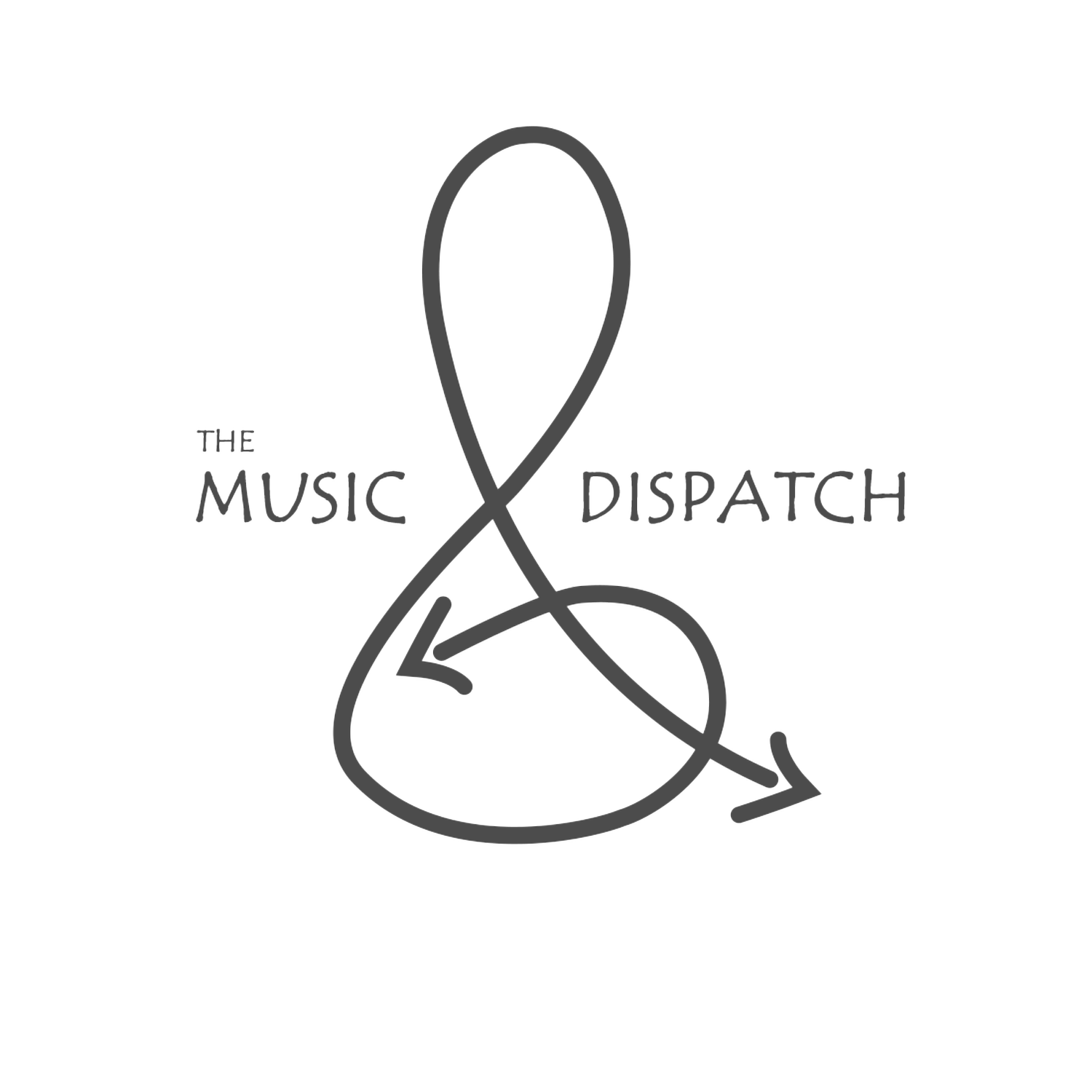Music speaks for itself. There is no reason or need to convince a human being to create music; it is deep in our instincts. Give a kid a pan and a wooden spoon and see how long it takes her to bang on it in a rhythmic pattern. Sing a familiar song and see how long it takes the people around you to chime in. Mastering the technical aspects of making music can be a lifelong quest, but the drive to create and participate in this very human activity are endemic.
Since music-making is such a natural thing, sometimes my task as a teacher is simply to dismantle the things that obstruct the process. Maybe the student’s posture or technique is making it physically harder for them to sing or play, and they don’t even realize it. So we work together to retrain the student away from the destructive habit, and they can then continue with more ease. Even more often, the obstruction is some kind of fear, where the student is holding back their own success. Whether they’re afraid of failure, being judged, or not meeting their own expectations, fear is debilitating. So then my challenge is to build that person’s confidence and courage. We can take things a bit more incrementally, or do review for a little while. Playing an easier level of music brings that feeling of accomplishment a little more often. We can also play things we already know, just to have that pleasure of playing something that sounds really great. Other times, the person is fine with musical challenges, but needs very positive verbal reinforcement. So I give them 97% compliments and psyched-up suggestions, and 3% constructive criticism.
My goal is to help people make music. While much of the time, that job description includes instruction on proper technique, explanation of musical theory concepts, and coaching disciplined practicing, a lot of the time it is more an issue of getting the barricades out of the way, and just letting the music come out!!
